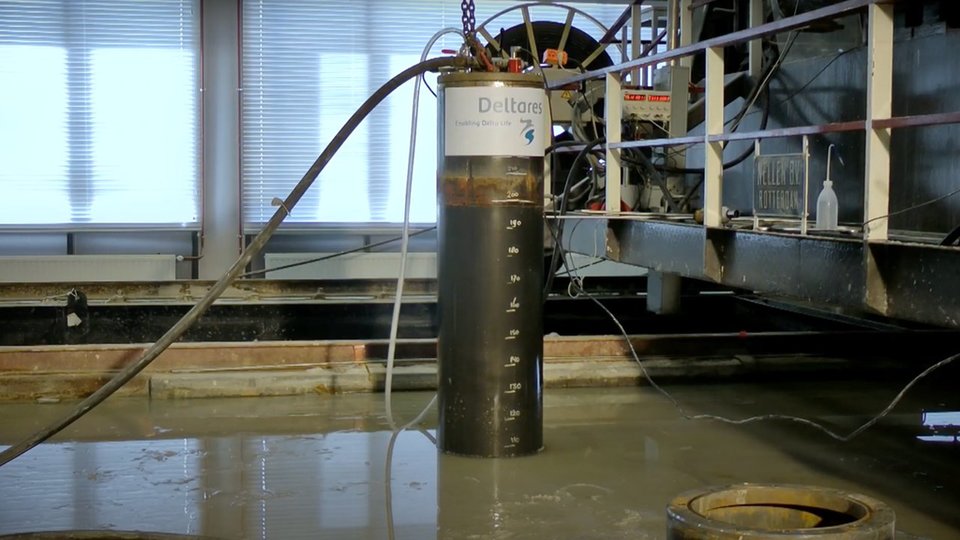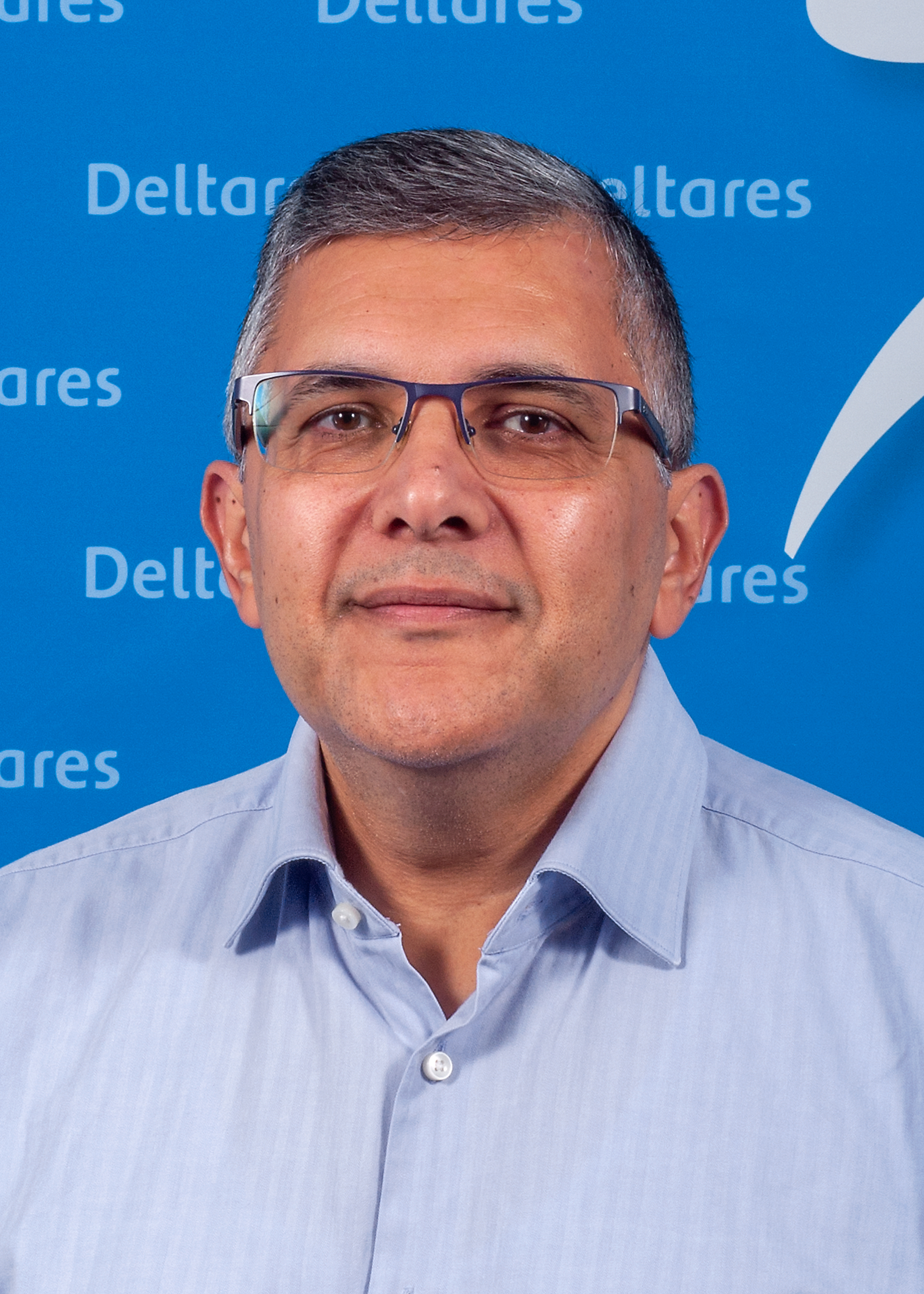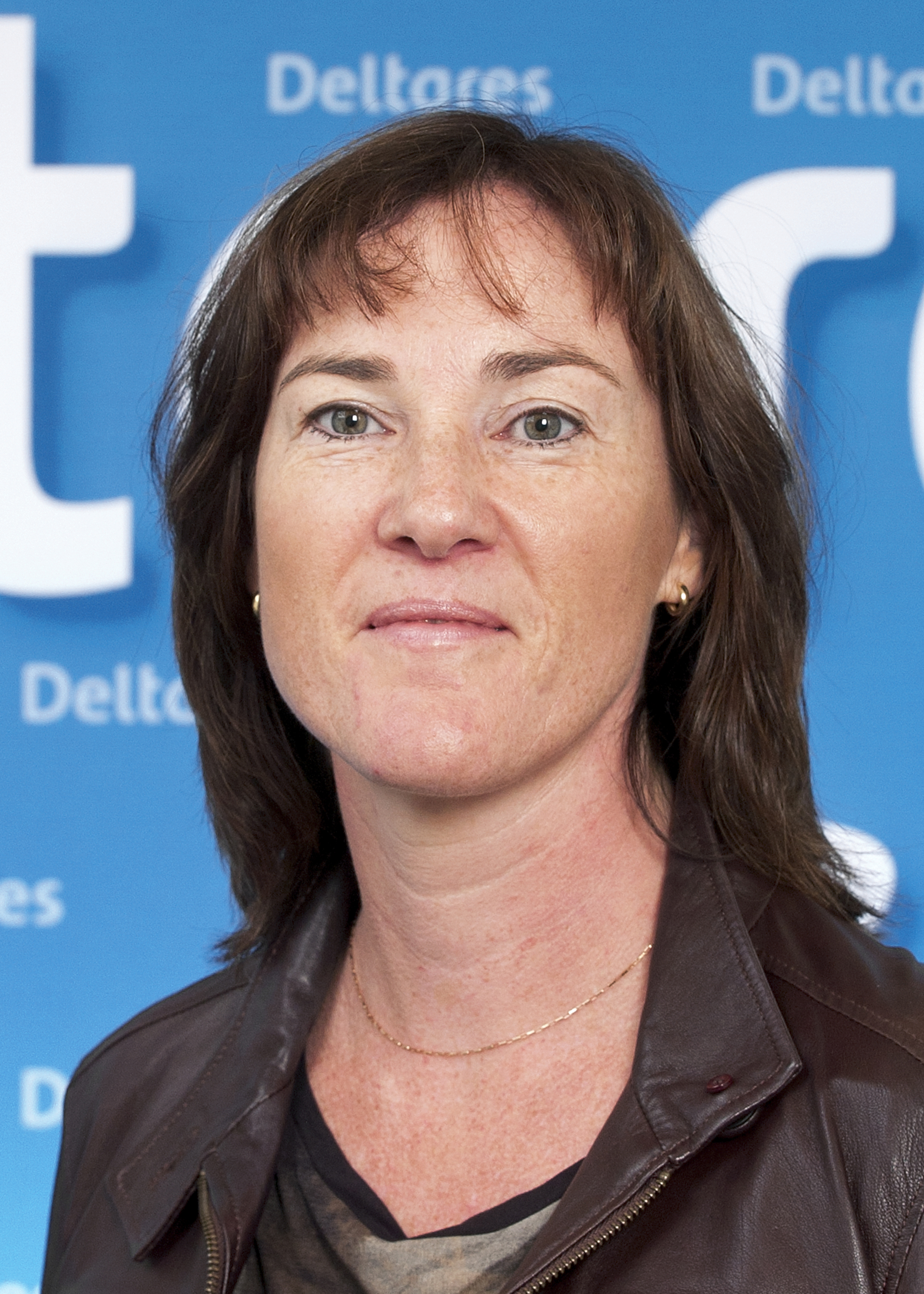Upscaling offshore wind energy production
Offshore wind is indispensable in the global energy transition and helps to reduce greenhouse gas emissions. In the Netherlands and Europe, it is becoming an essential part of the energy mix. The energy transition will claim significant areas on the North Sea dedicated to offshore wind and possibly in the future also offshore solar. The food transition is looking at the North Sea for seaweed and shellfish aquaculture, often in multi-use with wind farms. Therefore, the North Sea is expected to see a major change and increase in human use over the next few decades. Under EU guidelines there is a large national and international drive to restore lost biodiversity, ecosystem functions and key species. Besides these direct human-induced changes, climate change will also impact the ecological functioning of the system.
Ecosystem effects on the North Sea
In the WOZEP project (Wind op Zee Ecologisch Programma), ecosystem understanding and modelling tools are being developed to assess ecosystem effects. These are effects on stratification, currents and nutrient dynamics and subsequent effects on primary and secondary production of large-scale offshore wind implementation on the North Sea.
WOZEP is carried out together with Rijkswaterstaat, the Ministry of Economic Affairs and Climate Policy, Wageningen Marine Research, NIOZ (Royal Netherlands Institute for Sea Research), engineering consultants and the offshore wind sector. WOZEP already delivered information that is used to assess impact from offshore wind farms on protected species. All WOZEP output is publicly available. Finally, WOZEP is closely aligned with the MONS research program on ecosystem functioning and ecosystem resilience of the North Sea, in which Deltares participates.
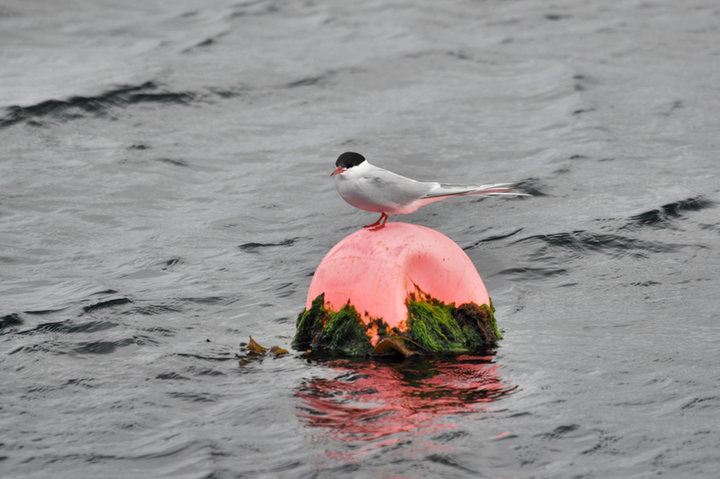
Offshore wind foundations
The Offshore Wind Energy Roadmap 2040 works on reducing the uncertainties of the impact of offshore wind farms, which has resulted in reduced costs for the sector. About a quarter of the total wind turbine investment is spent on its foundation. In the North Sea, monopiles represent 80% of the foundations for offshore wind turbines. The target is to develop knowledge to enable driving of XXL monopiles that adheres to environmental regulations. Deltares is contributing to tackle three challenges in this regard: the upscaling, sustainability and cost reduction.
Our research focus is on the design, installation, and decommissioning of monopiles and supporting start and scale ups and the industry. Several Joint Industry Projects are currently running at Deltares for innovative monopile installation technologies. Examples are GDP, MIDAS, SIMOX. These will ensure, among others, that offshore wind remains cost-effective and sustainable. In the project Hydraulic Pile Extraction (Hype-st) a method is being developed to remove the whole monopile foundation at the end of its life span. Currently, depreciated monopiles are cut off just below the seabed leaving a large amount of steel in the ground. With HyPE, steel from the monopiles will become available for recycling.
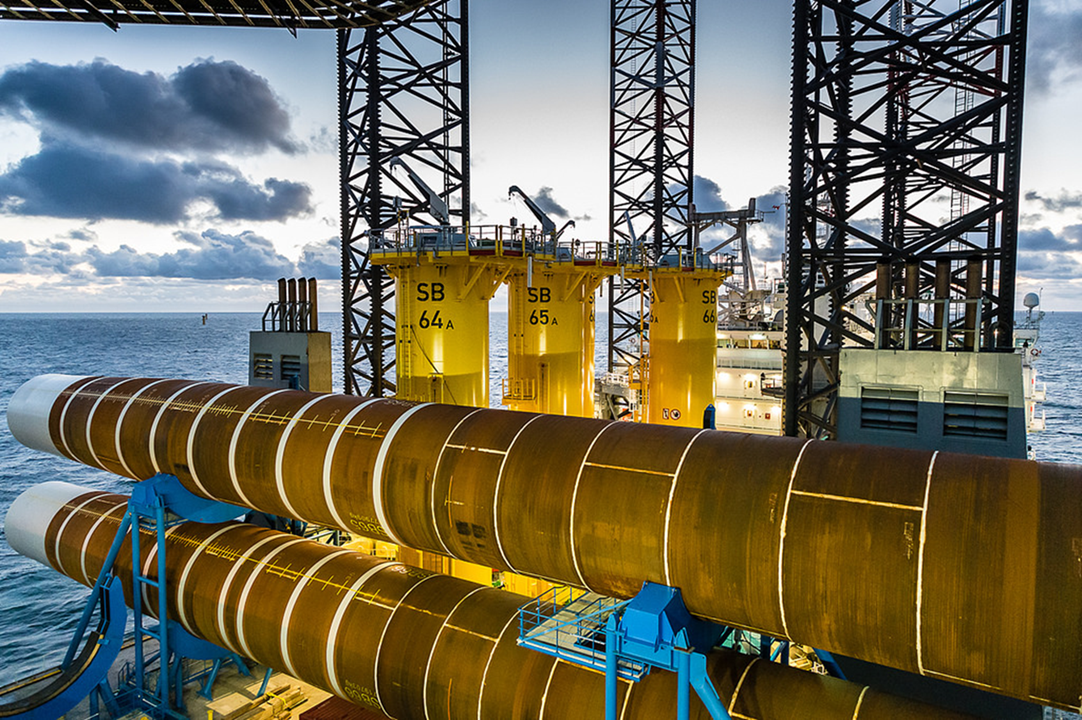
Photographer Ulrich Wirrwa
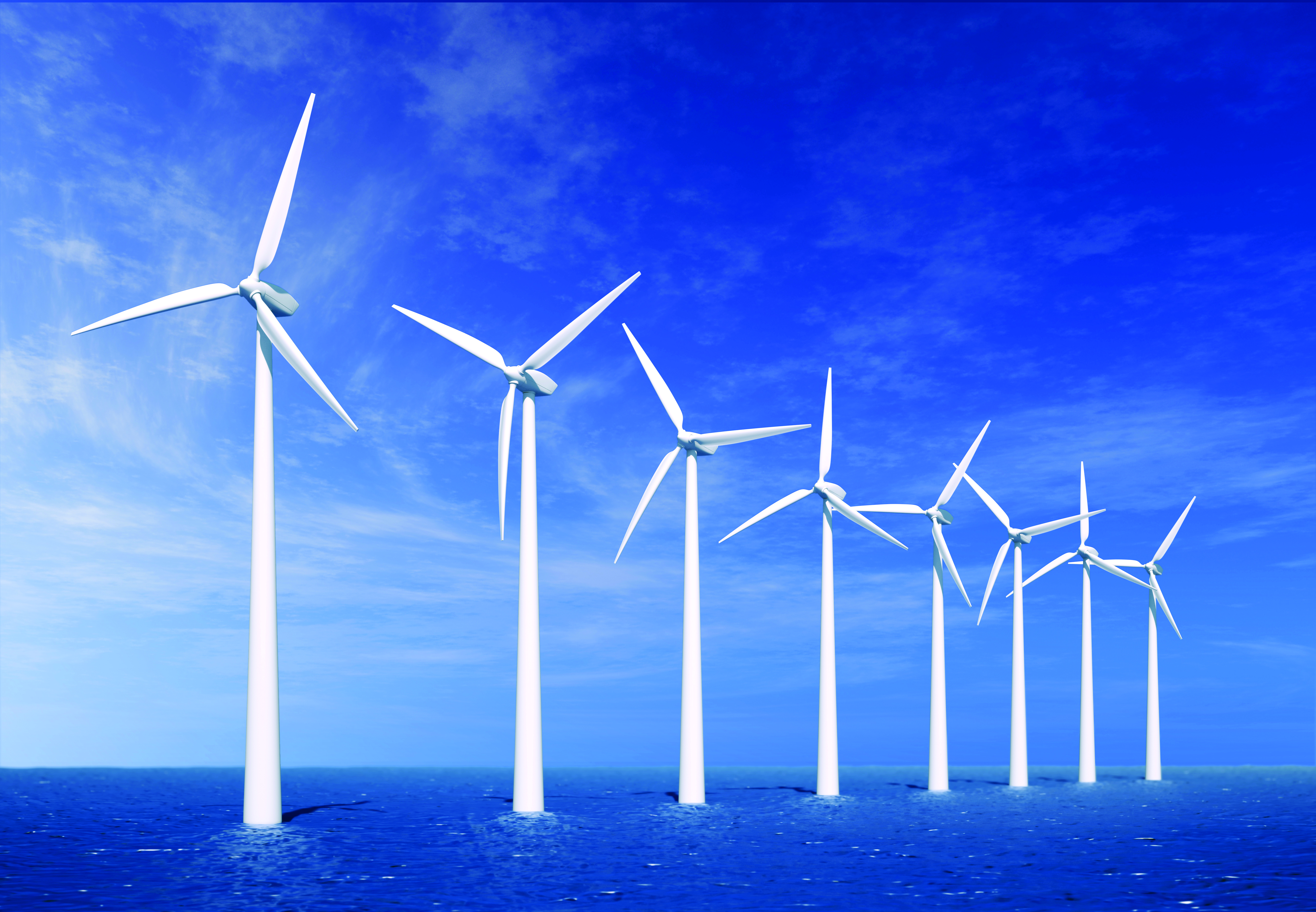
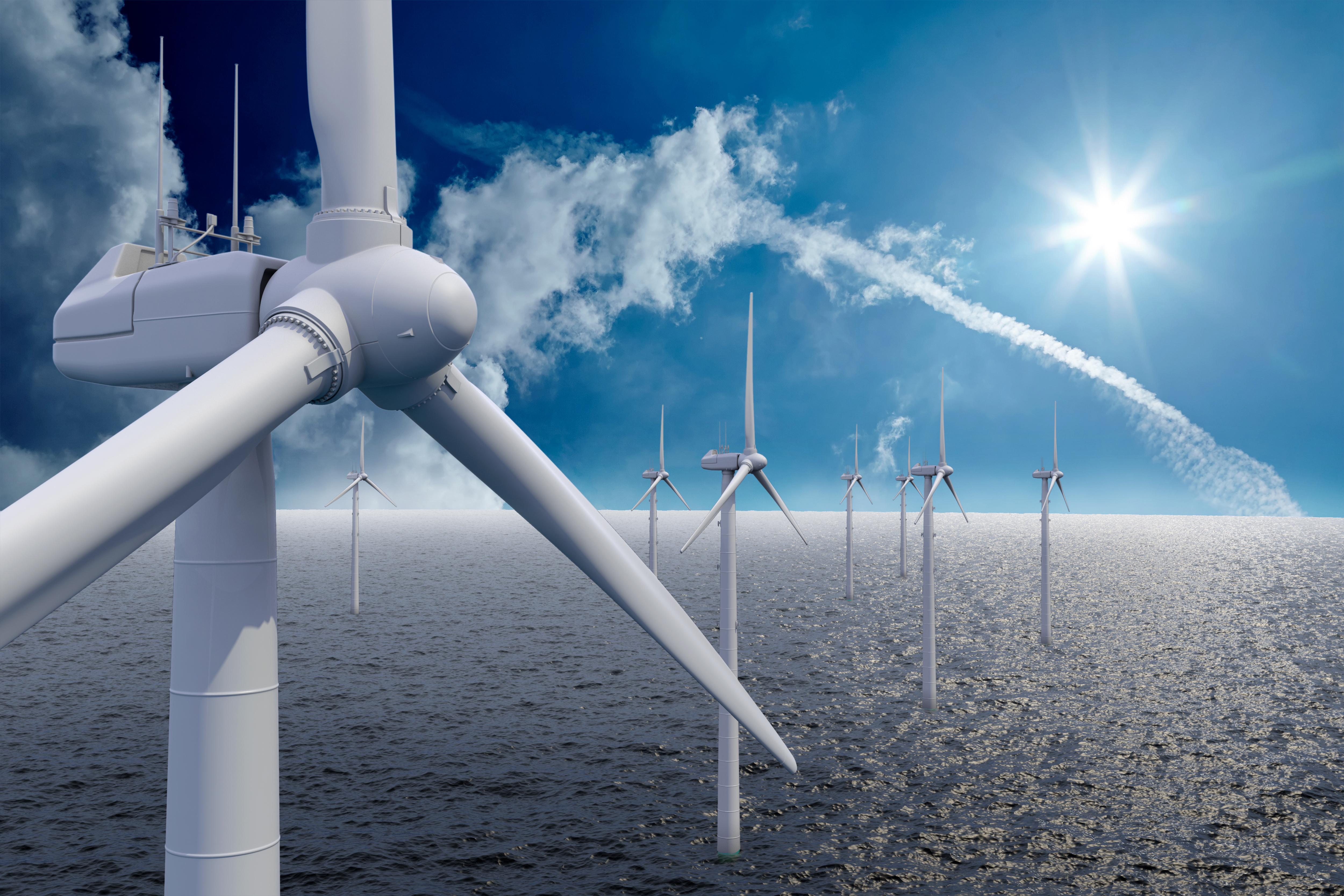

'With our WOZEP research we are increasingly able to answer the question to what extent the effect of Wind at Sea will affect protected species through physical processes, algae growth and further through the food chain'
Luca van Duren, marine ecologist at Deltares
Realizing Impact
Deltares integrated knowledge, experimental facilities and models focus on cost efficiency, technical optimization, predictable production and limiting risks for people and the environment in the North Sea.
Hydraulic Pile Extraction Scale Tests (HyPE-ST). Testing the removal of piles at the end of their operational life
External references
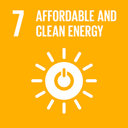
View SDGs
View Dutch missions
All Sendai priority’s
